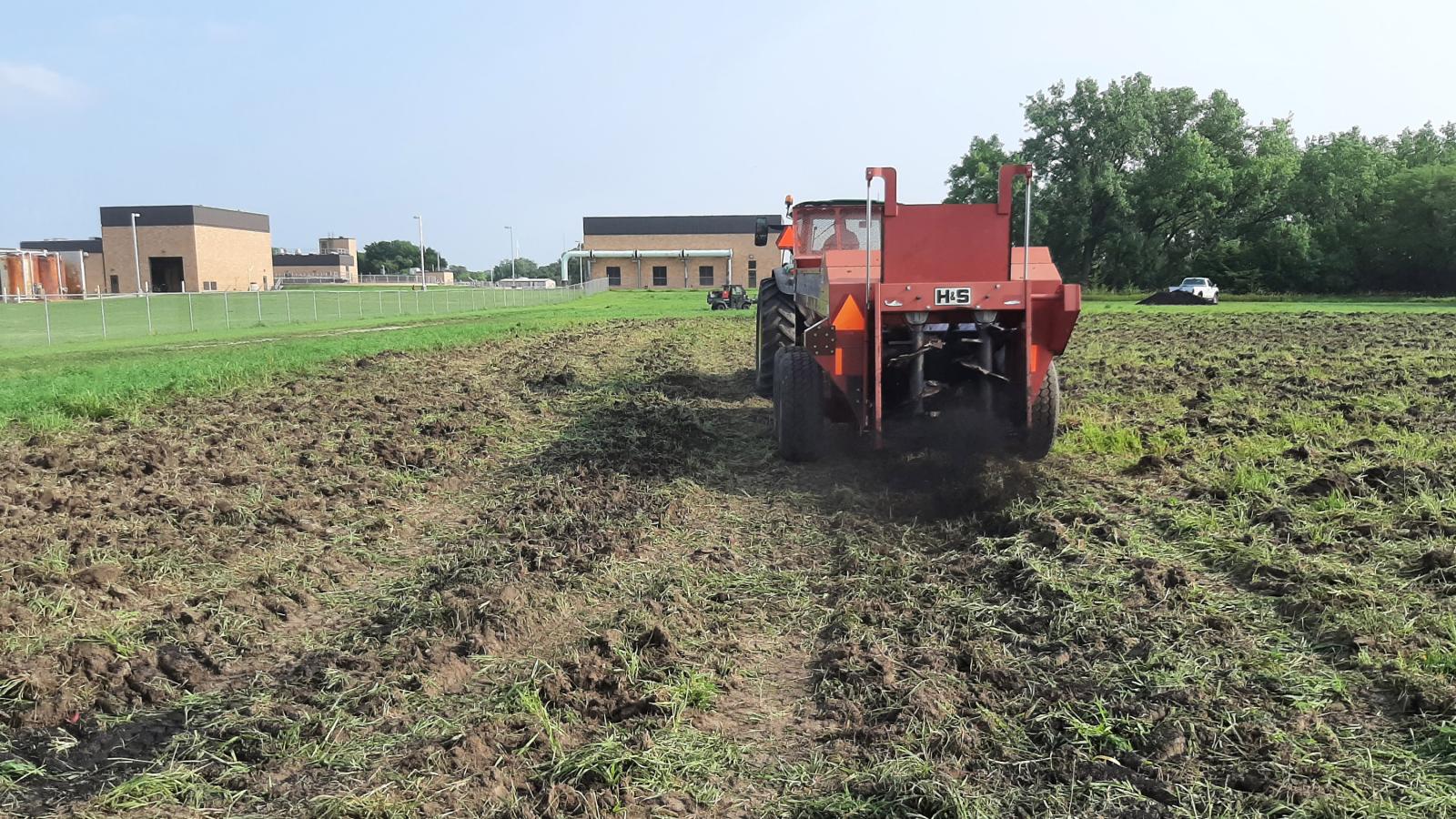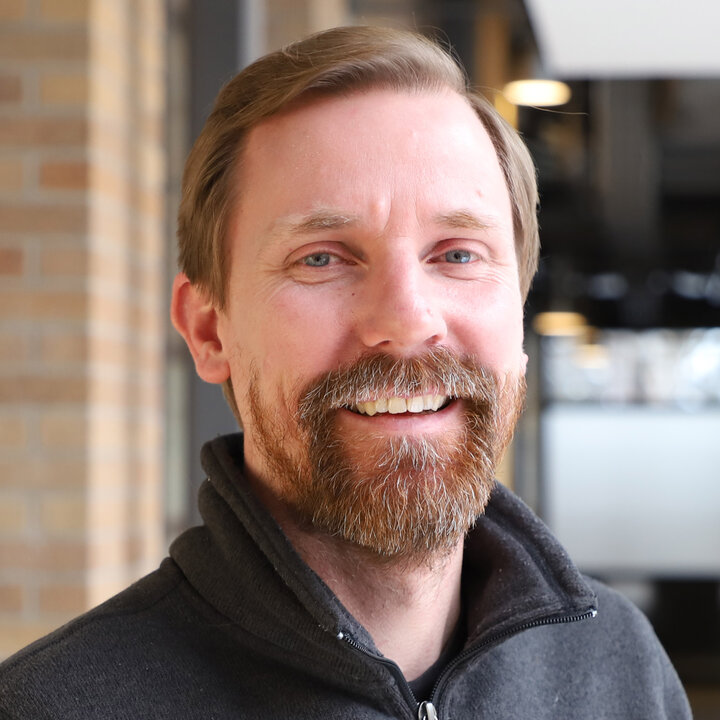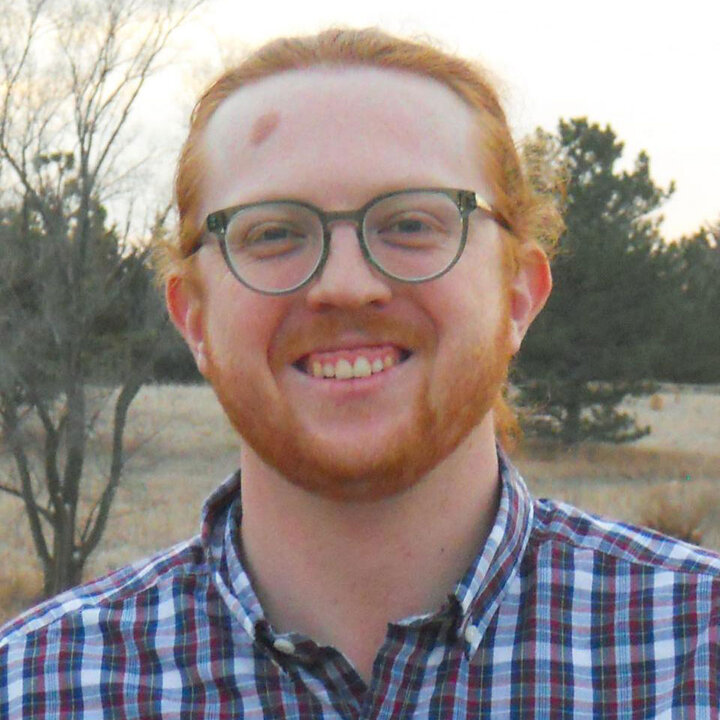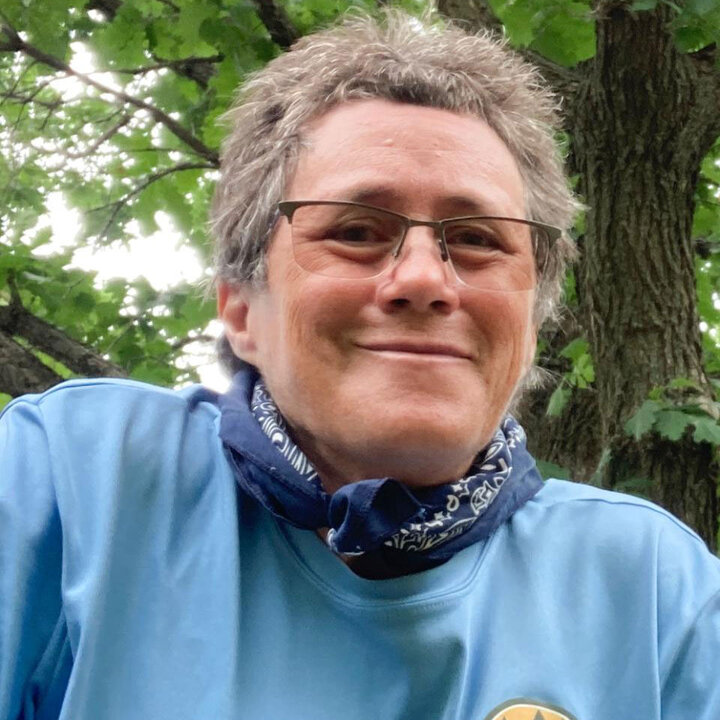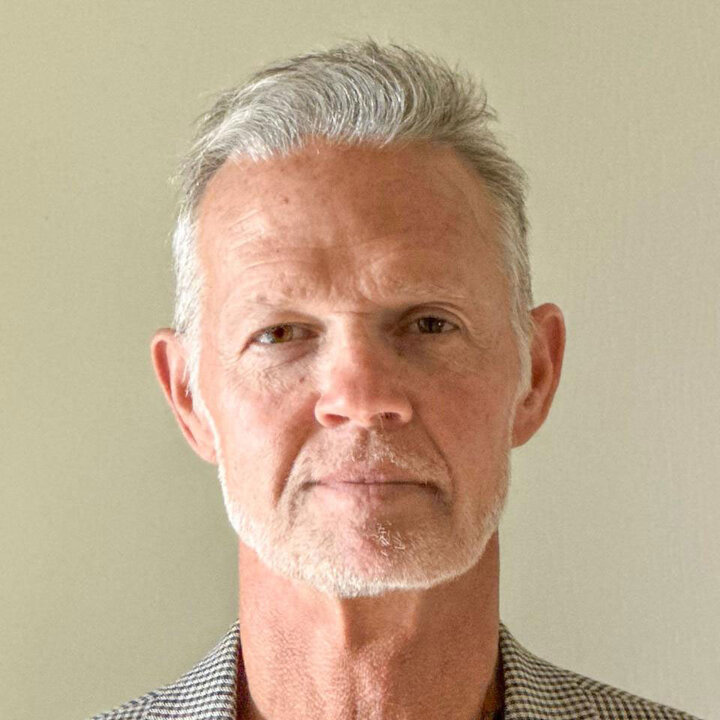Join us in the Heart of The Great Plains for the first Great Plains Biochar Conference!
The University of Nebraska–Lincoln Department of Agronomy and Horticulture, the Nebraska Forest Service and the Nebraska Biochar Initiative look forward to hosting folks from across the Midwest who are passionate about the future of biochar. This conference is geared towards professionals working in sectors such as research, education, biochar production, agricultural applications, material characterization, organics recycling, soil remediation and carbon sequestration.
The growing environmental and socio-economic relevance of biochar as a promising multi-purpose material will be addressed within the main themes of this conference.
Professionals from all backgrounds, such as industry, government and academic, are invited to attend or present at the conference. Join us in charting the future of the biochar sector in the Midwest and Great Plains!
September 24 – 26, 2024
Graduate Hotel, 141 N 9th St, Lincoln, Nebraska
Registration and Abstract Submission will open on April 1.
Conference Registration
Conference Fee: $200.00 (includes Welcome Reception and Conference Dinner)
Accomodations
Graduate Hotel, 141 N 9th St, Lincoln, Nebraska
(402) 475-4011
The last day for reservations to receive the group discount is Sept. 3, 2024.
Abstract Submission
Abstract submission closed on July 31, 2024.
Oral and Poster Presentation Guidelines
Main Topics:
- Biochar Application and Benefits in Urban Settings and Built Environment
- Biochar Application and Benefits in Agriculture and Horticulture
- Biochar Production, Scaling, and Economics
- Biochar Feedstock Sources and Material Characteristics
- ORAL PRESENTATIONS
- Oral presentations will be 15 minutes including 5 minutes for questions and discussions. Longer presentations can be accommodated upon request.
- POSTERS
- The poster format must be 48" in height x 36" in width.
- The author will bring their poster printed.
- Posters need to be set up beginning at 8 am on September 25.
- Poster Session will be on September 25 from 4 – 6 pm. Poster presenters should be present during this time.
- Posters may remain in place through the morning of September 26 and should be removed by Noon. Posters left on display past this time will be removed by workshop staff.
- Supplies to attach the poster to boards will be available at the conference registration desk.
- PRESENTATION ABSTRACT GUIDELINES
- • Oral and Poster Abstracts must be between 250 and 400 words.
- Abstract should provide the following information:
- Title
- Authors and Affiliations
- Background and Problem
- Methods or Approach
- Key Results or Outcomes
- Conclusions and Broader Implications
- International Units are encouraged but not required.
Conference Team
Agenda
Tuesday, Sept. 24
| 6:30-7:00 pm | Check In |
|---|---|
| 7:00-9:00 pm | Welcome Reception (snacks are provided) |
Wednesday, Sept. 25
| Time | Speaker |
|---|---|
| 8-8:30 am | Check In |
| 8:30-11 am | Topics: 1. Biochar Application and Benefits in Urban Settings and Built Environment and 2. Biochar Application and Benefits in Agriculture and Horticulture. |
| 8:30-9:00 am | Rebecca Abney (University of Georgia) - The potential for biochar in urban soils: Water quality management and tree growth. |
| 9:00-9:30 am | Jiong Hu (University of Nebraska–Lincoln) - Biochar as Beneficial Additive in Concrete for Greener Infrastructure. |
| 9:30-10:00 am | Narges Hematimatin (University of Minnesota) - The Impact of Biochar on Urban Soil Management and Cities’ Climate Resilience in Minnesota. |
| 10:00-10:30 am | Samuel Schlichenmaier (Federal Institute for Organic Agriculture - Switzerland) - Effects of biochar application on soil quality and crop yields: Results from the initial two years of a long-term field experiment in Switzerland. |
| 10:30-11:00 am | Gustavo Castro-Garcia (University of Nebraska–Lincoln) - Evaluation of Biochar Inclusion in Swine Carcass Composting. |
| 11:00 am-12:00 pm | Keynote: Brian Barry (University of Minnesota - Duluth) - Updates on USBI’s Progress Towards an American National Standard for Biochar Testing and an Overview of Biochar Research Efforts from the University of Minnesota-Duluth’s Natural Resources Research Institute (NRRI). |
| 12:00-1:00 pm | Lunch (on your own) |
| 1:00-4:00 pm | Topics: 1. Biochar Feedstock Sources and Material Characteristics and 2. Biochar Production, Scaling and Economics. |
| 1-1:30 pm | Adam Smith (US Forest Service) - Wood Innovations Program: Technical and Financial Assistance to Further Biochar Success. |
| 1:30-2:00 pm | Craig Sams (Carbon Gold Ltd) - Carbon Gold Biochar Pioneers since 2008. |
| 2:00-2:30 pm | Stephen Boles (Biosystems Engineering, PLLC) - Certification of Carbon Removal Credits as a Potential Revenue Stream for Biochar Projects. |
| 2:30-3:00 pm | Cancelled: Brad McAlister (Ecoverse) - Biochar Production “Phoenix 8000”. |
| 3:00-3:30 pm | Chuck Hassebrook (Biochar Policy Project of the National Center for Appropriate Technology) - Federal Policy to Support Development of a Biochar & Biofuel Industry. |
| 3:30-4:00 pm | Corey Brubaker (USDA-NRCS) - Financial Assistance Opportunities for Agricultural Applications of Biochar and Other Carbon Amendments. |
| 4-4:30 pm | Coffee Break |
| 4:30-5:30 pm | Panel Discussion (Panelists - TBA) Panelists: Adam Smith - USDA/US Forest Service Corey Brubaker - USDA-NRCS Brian Barry - Natural Resources Research Institute/University of Minnesota Santanu Bakshi - Bioeconomy Institute/Iowa State University Chuck Hassebrook - Biochar Policy Project of the National Center for Appropriate Technology |
| 5:30-6:30 pm | Gustavo Castro-Garcia (University of Nebraska–Lincoln) - Transport of swine carcass leachate contaminants through two Nebraska soils to inform carcass disposal system designs Michael Kaiser (University of Nebraska–Lincoln) - Combined effects of cover crops, no-till, compost, and biochar on soil health. Insights from a citizen science project. Sourov Deb (Sylhet Agricultural University) - Effect of Fruit Peel Biochar on Growth and Yield of Solanum lycopersicon Mill. & Lablab purpureus in Acidic Soil of Sylhet, BD. Britt Fossum (University of Nebraska–Lincoln) - Utilizing Biochar and Biosolids in Agriculture for Enhanced Soil Nutrient Retention. Jennifer Gubbels (Augustana University) - Analyzing Biochar Application to Accelerate Recovery of Soil Health During No Till Conversion. Sebastian Behrens (University of Minnesota) - Biochar as ammonia exchange biofilm carrier for enhanced nitrification in activated sludge. Lin Wei/Yajun Wu/Volker Brozel (South Dakota State University) - Develop Biochar-based Biological Nitrogen Fertilizers for Sustainable Corn Production |
| 6:30-8:30 pm | Conference Dinner (included) |
Thursday, Sept. 26
| • 8:30-11:00 am | Topic: Biochar Application and Benefits in Agriculture and Horticulture |
|---|---|
| 9:00-9:30 am | Anup Lamichhane (University of Nebraska–Lincoln) - Optimizing Biochar Applications to Enhance Soil Water Retention in the Central High Plains of the United States. |
| 9:30-10:00 am | George Antonious (Kentucky State University) - Impact of Biochar on Runoff, Seepage Water, and Soil Enzymes Activity |
| 10:00-10:30 am | Sebastian Behrens (University of Minnesota) - Biochar as ammonia exchange biofilm carrier for enhanced nitrification in activated sludge. |
| 10:30-11:00 am | Kristin Trippe (USDA-ARS) - Biochar: Navigating the Information Overload to Help Farmers Make Smart Decisions. |
| 11:00 am-12:00 pm | Keynote Nash Leef (Nebraska Biochar Initiative) - Lincoln Biochar Program |
| 12:00-1:00 pm | Lunch (on your own) |
| 1:00-4:30 pm | Topics: 1. Biochar Production, Scaling and Economics and 2. Biochar Application and Benefits in Agriculture and Horticulture. |
| 1:00-1:30 pm | Mercedes del Campo (ARTi)- Feasibility Analysis of Biochar Production Scaling for successful profitable Projects. |
| 1:30-2:00 pm | Philip Anderson (Anew Climate) - Monetizing Biochar Carbon Removal Credits through the Carbon Market. |
| 2:00-2:30 pm | Santanu Bakshi (Iowa State University) - Evaluating biochar durability in soil by tracing microbial respiration and linking biologically- and chemically-labile carbon. |
| 2:30-3:00 pm | Britt Fossum (University of Nebraska - Lincoln) - Increasing carbon storage and nitrate retention in soils under corn and soybean following the application of biochar. |
| 3:00-3:30 pm | Ujjwal Pokharel (Old Dominion University) - Role of Floating Aquatic Plants (FAP) in Nutrient Management in Agricultural Watersheds. |
| 3:30-4:00 pm | Guillermo Balboa (University of Nebraska–Lincoln) - Breaking Down Barriers to Biochar Adoption on Farms from Coast to Coast: Enhancing Precision Nitrogen Management in Nebraska. |
| 4:00-4:30 pm | Lin Wei (South Dakota State University) - Perspectives of developing biochar-based control release nitrogen fertilizers for sustainable agriculture. |
| 4:30 pm | Concluding Remarks |
